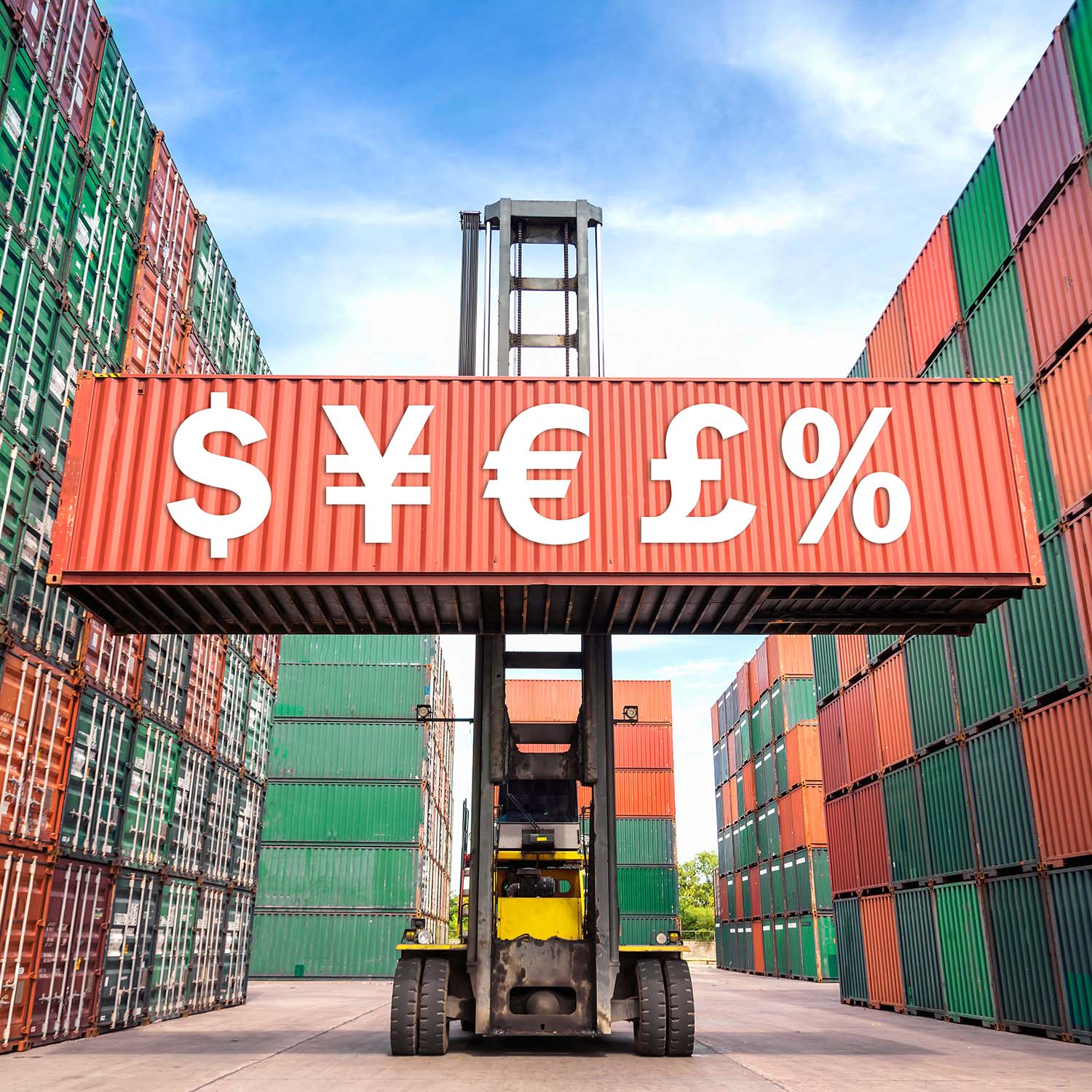Import: Duties and Taxes
Three types of duties are required to be paid by the importer prior to the release of imported goods from customs custody:
- Customs import duties
- Excise tax
- Value-added tax (VAT)
The majority of commercial import goods are subject to rates ranging from 0 percent to 80 percent. As of 2022, the average import tariff rates are 25 percent.
Payment Process
The most common way to duties, taxes, tariffs, and fees is through the Pre-Arrival Processing (PAP) e-bill payment and e-customs clearance system.
Customs Import Duties
Most duties are calculated on an ad valorem basis, as a percentage of the Cost, Insurance, and Freight (CIF) price. Specific duty can also be applied on the basis of weight, volume, or units. The rate yielding the higher revenue is applied in the event an item is applicable for both types of duties.
There are six duty rates for imported goods, excluding vehicles that have special rates. The duty rates and their corresponding products are as follows:
- 0 percent for exempted duty goods, including instruments and appliances used in dental, medical, surgical, or veterinary sciences
- 1 percent for raw materials
- 5 percent for primary and fundamental products
- 10 percent for secondary products
- 20 percent for finished products
- 30 percent is the highest duty rate, levied on special protection products.
There are two exceptions to the obligation to pay customs duties. These exceptions apply to the import of machinery, equipment, and materials for use by:
- Oil and gas concessionaires and their contractors
- Certain companies promoted by the Board of Investment
Antidumping Duties
Customs will evaluate antidumping duties or countervailing duties according to the trade laws. In Thailand, antidumping duties are assessed on imported merchandise that is sold at prices below the normal price of goods in the manufacturer's home market (also called the fair-market value).
Antidumping duties are applied to the following goods:
- Hot-rolled structural steel (H-beam) from Poland and Republic of Korea
- Float glass from Indonesia
- Hydrogen peroxide from India
Excise Tax
The excise tax is an indirect tax imposed by the Excise Tax Act and other specific acts. These other specific acts include commodities irrespective of whether they are produced in Thailand or imported into Thailand. The excise tax is imposed either on the manufacturer or on the importer. The tax liability is incurred when the goods leave the factory or bonded warehouse or when they are imported. Commodities subject to excise tax are as follows:
- Petroleum and petroleum products
- Nonalcoholic beverages
- Electrical appliances
- Lead crystal products
- Motor vehicles, motorcycles, and yachts
- Perfume
- Certain services
The excise taxes can range from less than one percent to up to 50 percent.
Value-Added Tax (VAT)
Value-Added Tax (VAT) is charged at the rate of seven percent of the sum total of the CIF value, duty, and excise duty, if any.
Certain goods and services are exempted from VAT. These goods and services are as follows:
- Sale or import of published materials and books
- Auditing services, litigation services, health services, and other qualified professional services
- Cultural and religious services
- Educational services
- Certain forms of domestic and international transportation services
Note: The above information is subject to change. Importers are advised to obtain the most current information from a customs broker, freight forwarder, or the local customs authorities.
Article written for World Trade Press by Taylor Holloran, Jennifer Goheen, and Nina Bellucci.
Copyright © 1993—2025 World Trade Press. All rights reserved.

 Thailand
Thailand 